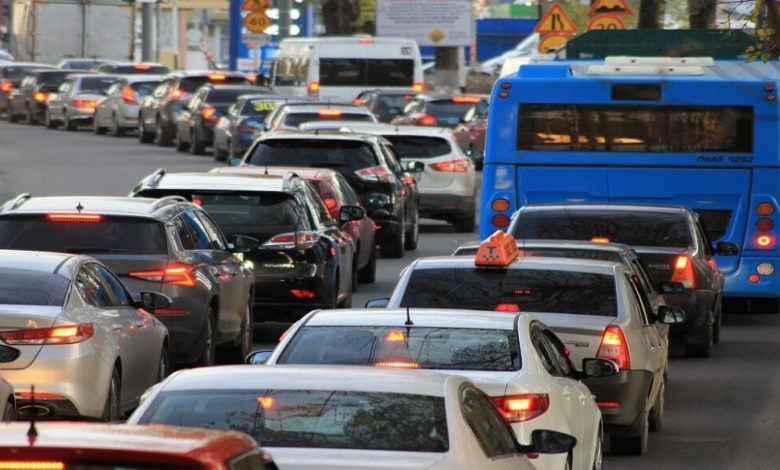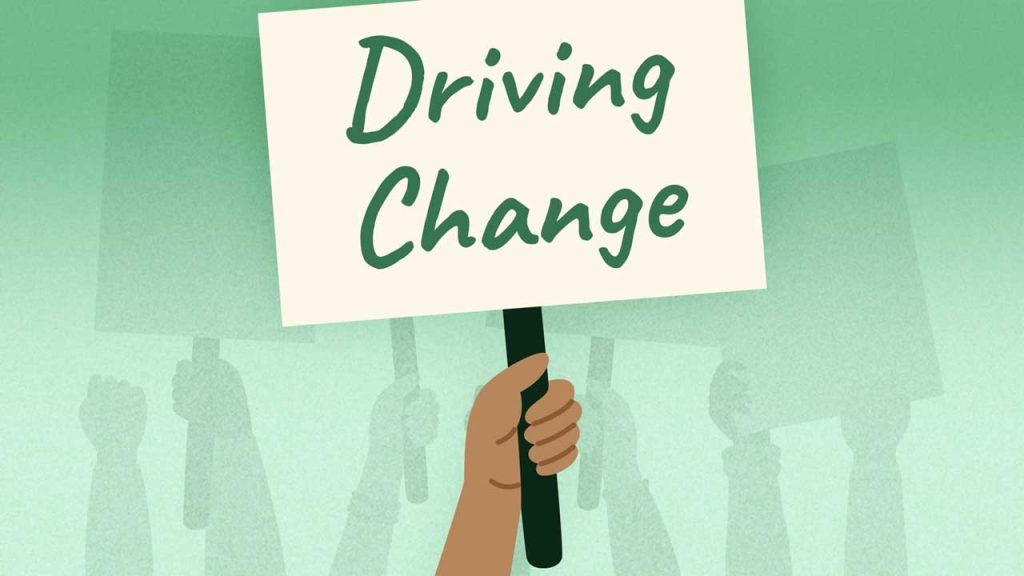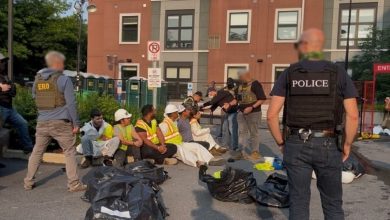Illinois Launches “Driving Change” to Reform Car Insurance System
Over 8.5 million drivers could see major changes in how premiums are calculated, aiming for fairness and transparency.

More than 8.5 million drivers in Illinois may soon experience a major shift in how their car insurance premiums are calculated. The state has officially launched the “Driving Change” initiative, led by Secretary of State Alexi Giannoulias, to make the system fairer and more transparent.
The Goal of “Driving Change”
The initiative aims to prevent insurance companies from relying on non-driving-related factors such as:
-
Credit score
-
ZIP code
-
Age
These factors often have little to do with driving behavior yet play a large role in determining premium rates.
Giannoulias highlighted the unfairness, stating:“Today, a driver with excellent credit and a DUI violation can pay less than a driver with a clean record but poor credit.”

Stark Pricing Gaps
Recent campaign data revealed striking disparities in insurance costs:
-
A driver with a clean record but poor credit pays $862 more per year than a law-breaking driver with excellent credit.
-
Residents in predominantly minority neighborhoods pay at least 10% higher premiums compared to others.
-
Drivers over the age of 75 pay 25% more than 60-year-olds, despite lower accident rates.
Industry Pushback
Not everyone supports these changes. Kevin Martin, Executive Director of the Illinois Insurance Association, defended the use of these factors, arguing they provide a “more accurate risk assessment.” He warned that eliminating them could lead to higher costs for some groups of drivers.

What’s Next?
The campaign includes public forums and community discussions scheduled for September and October. While advocates see this reform as a step toward fairness, critics caution it could shift costs to other drivers.
For now, the future of auto insurance in Illinois remains uncertain, but one thing is clear: the debate over fairness versus accuracy is just beginning.



